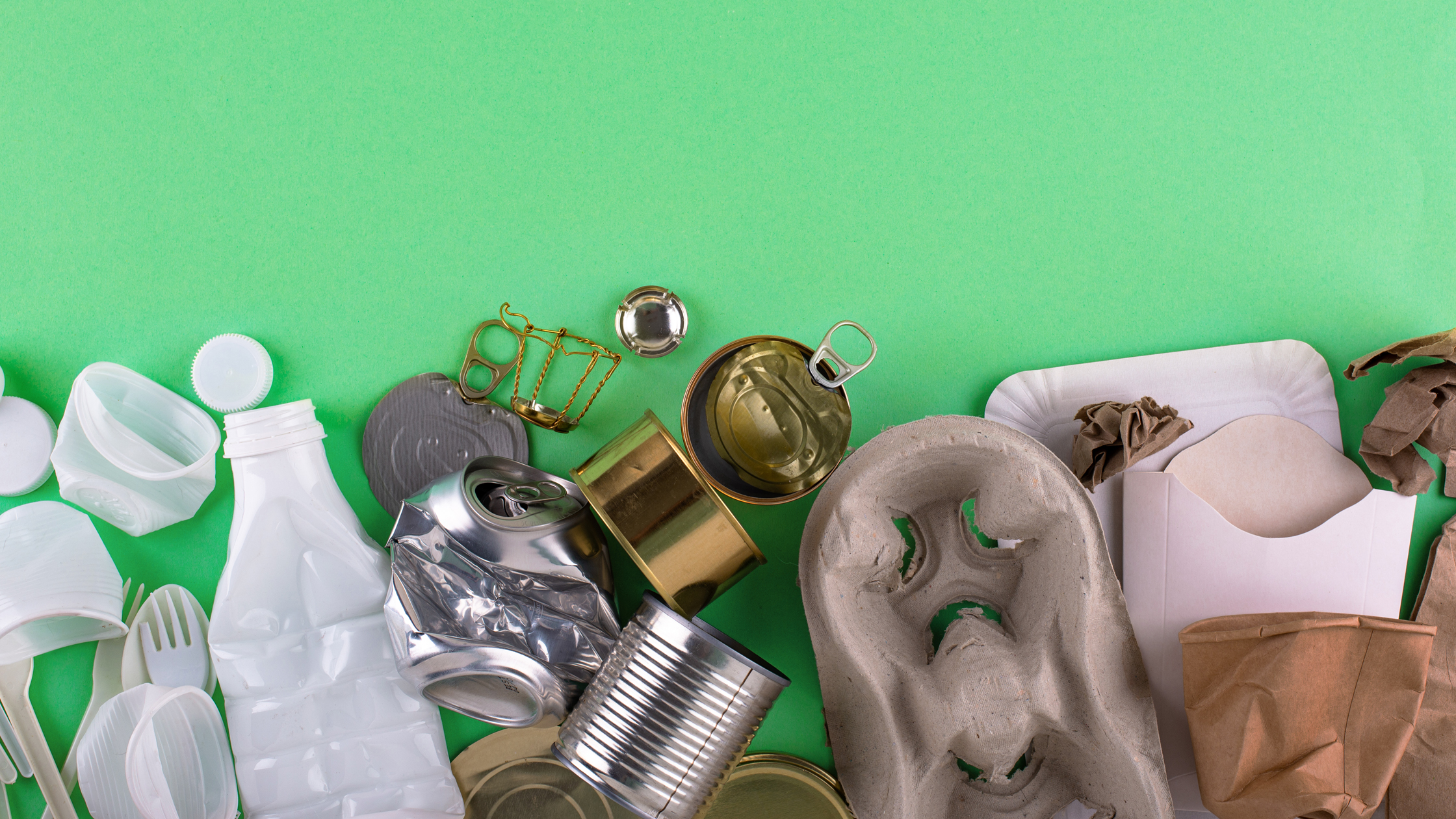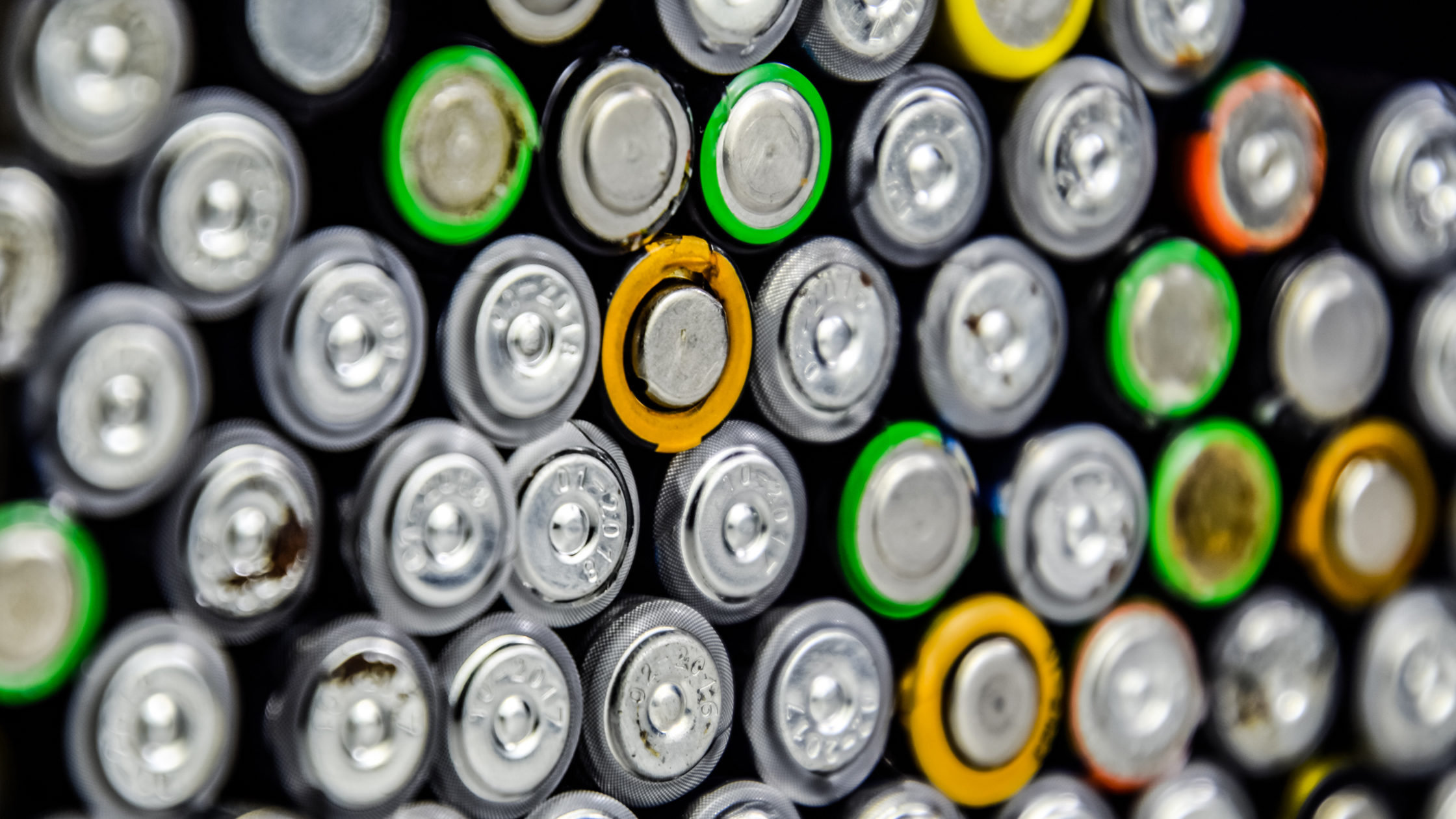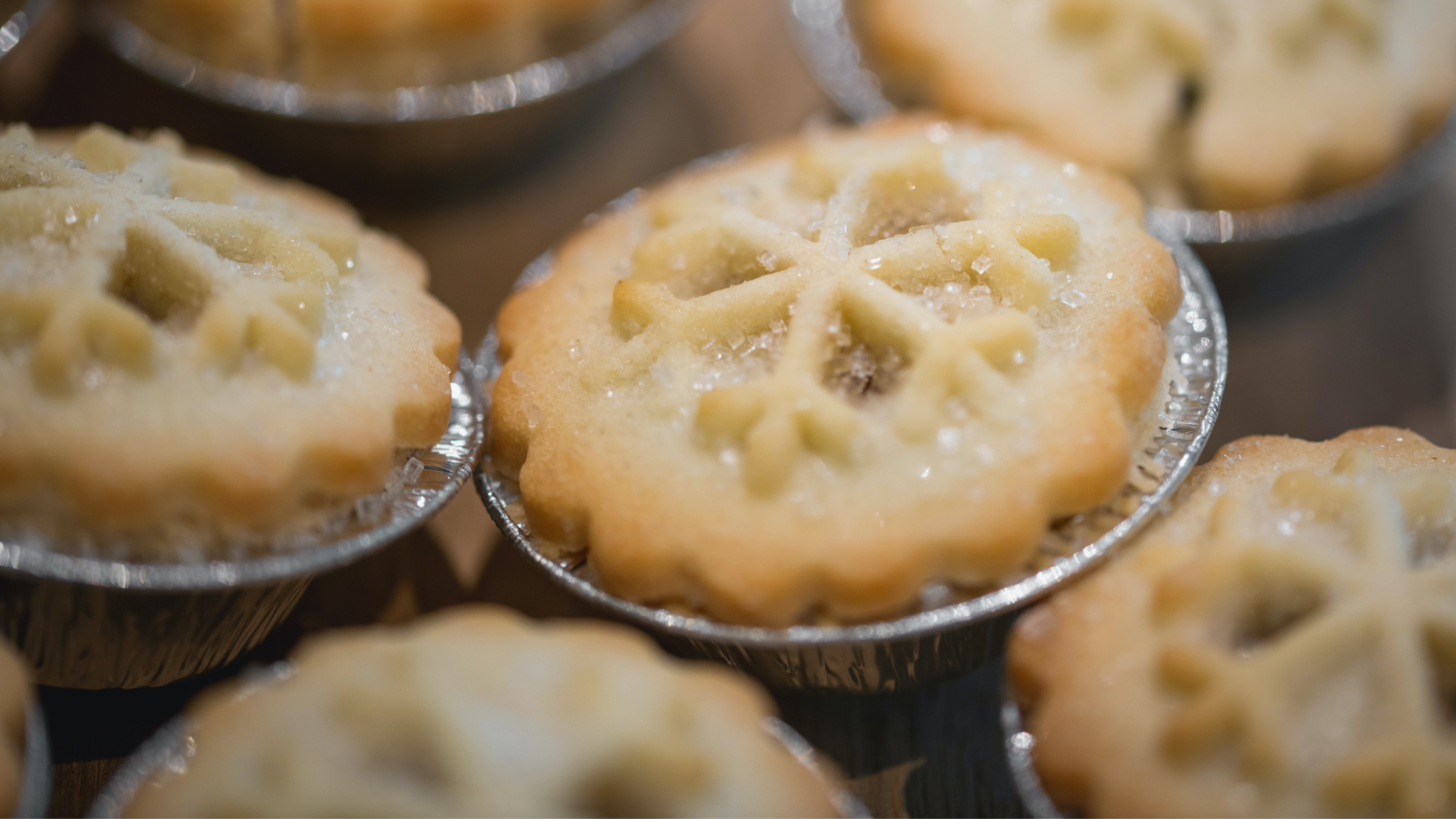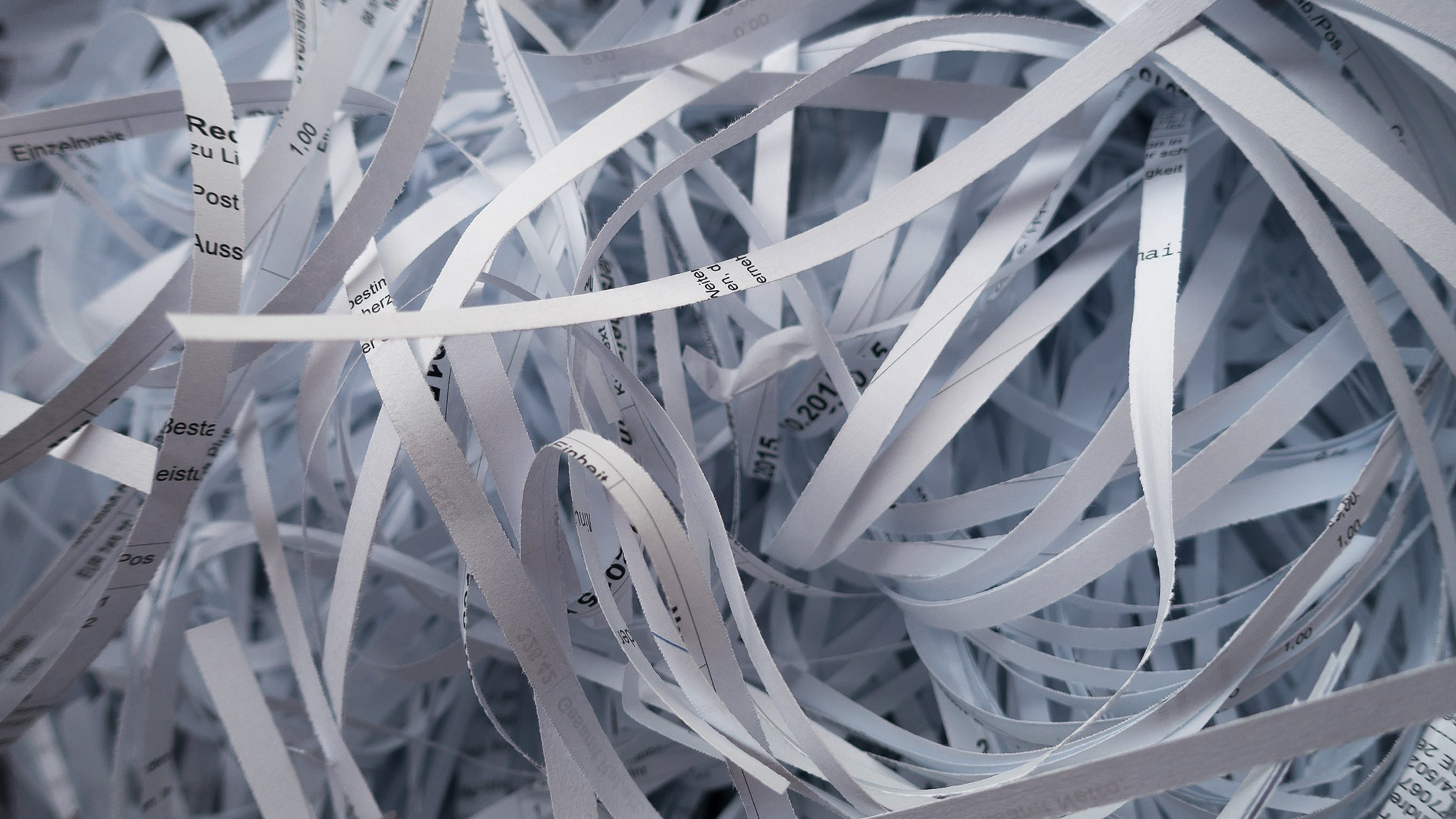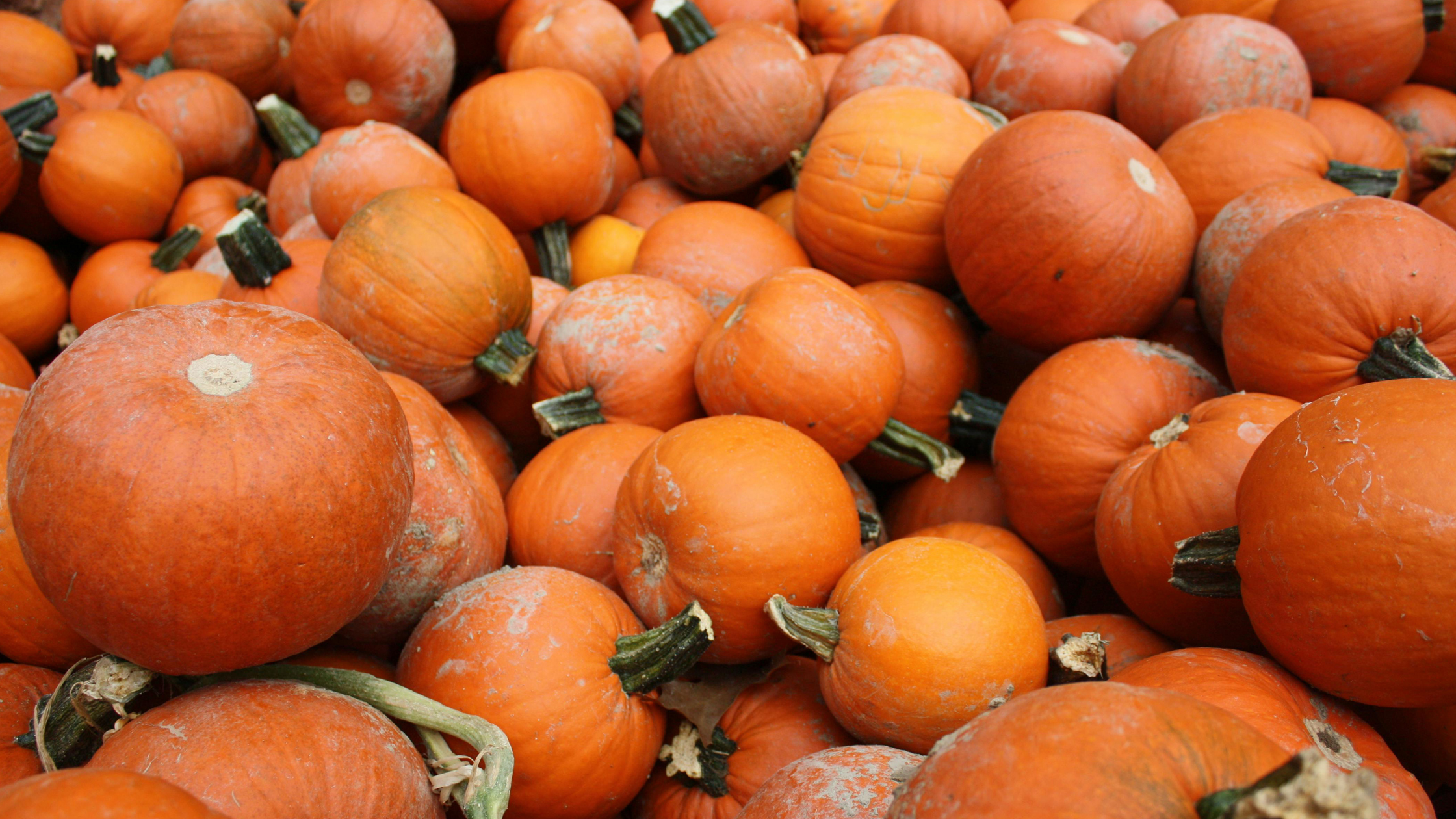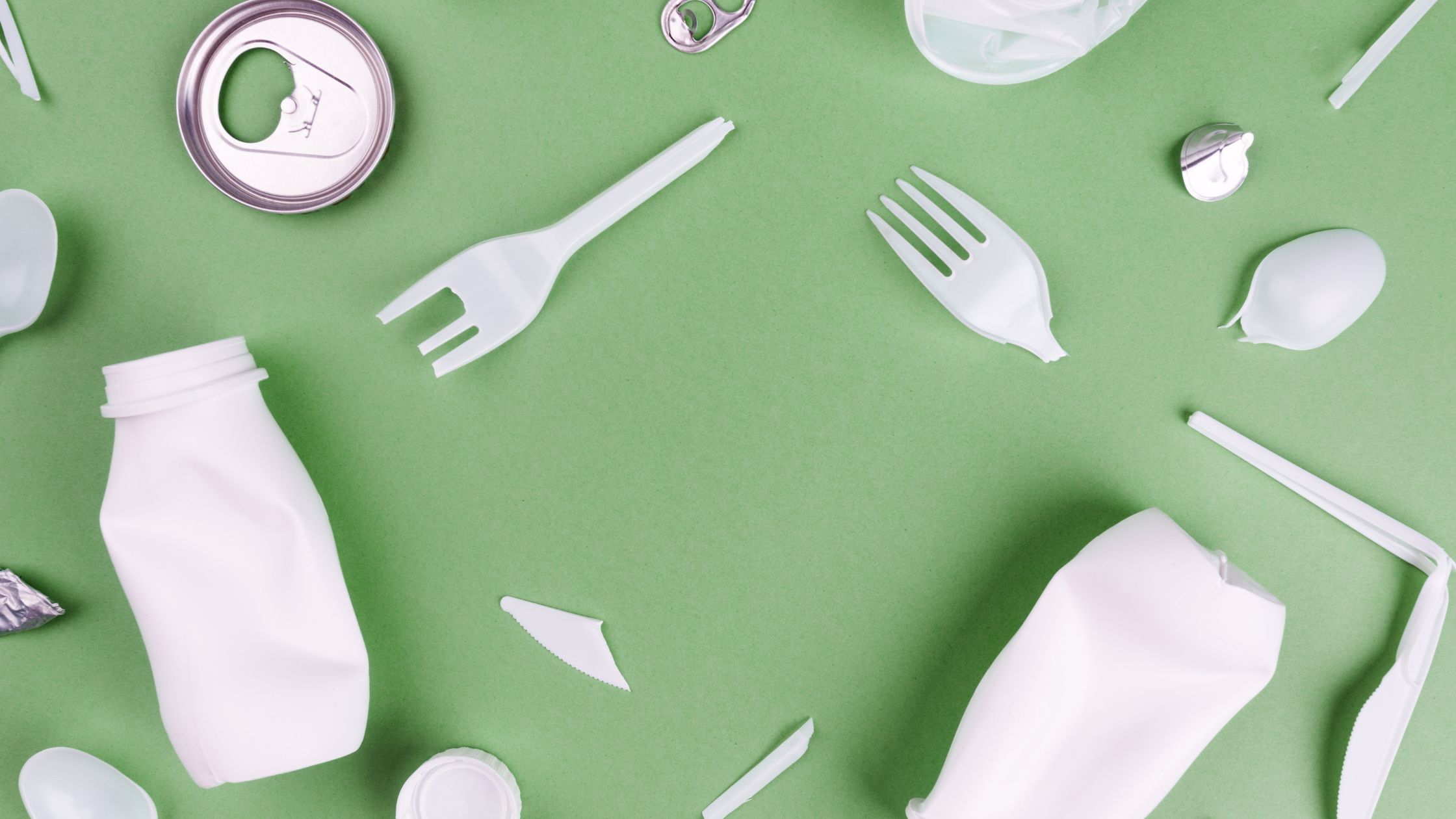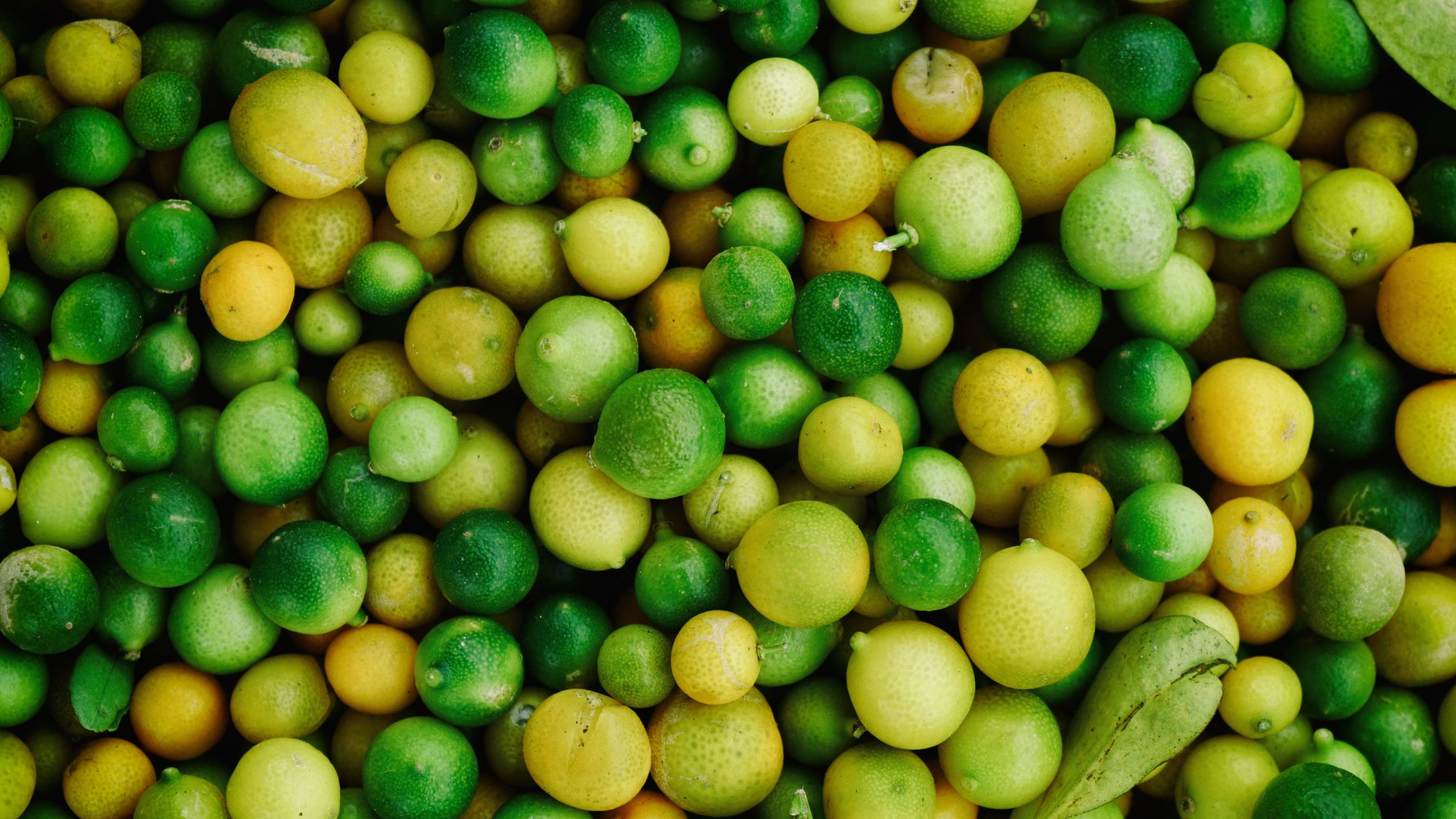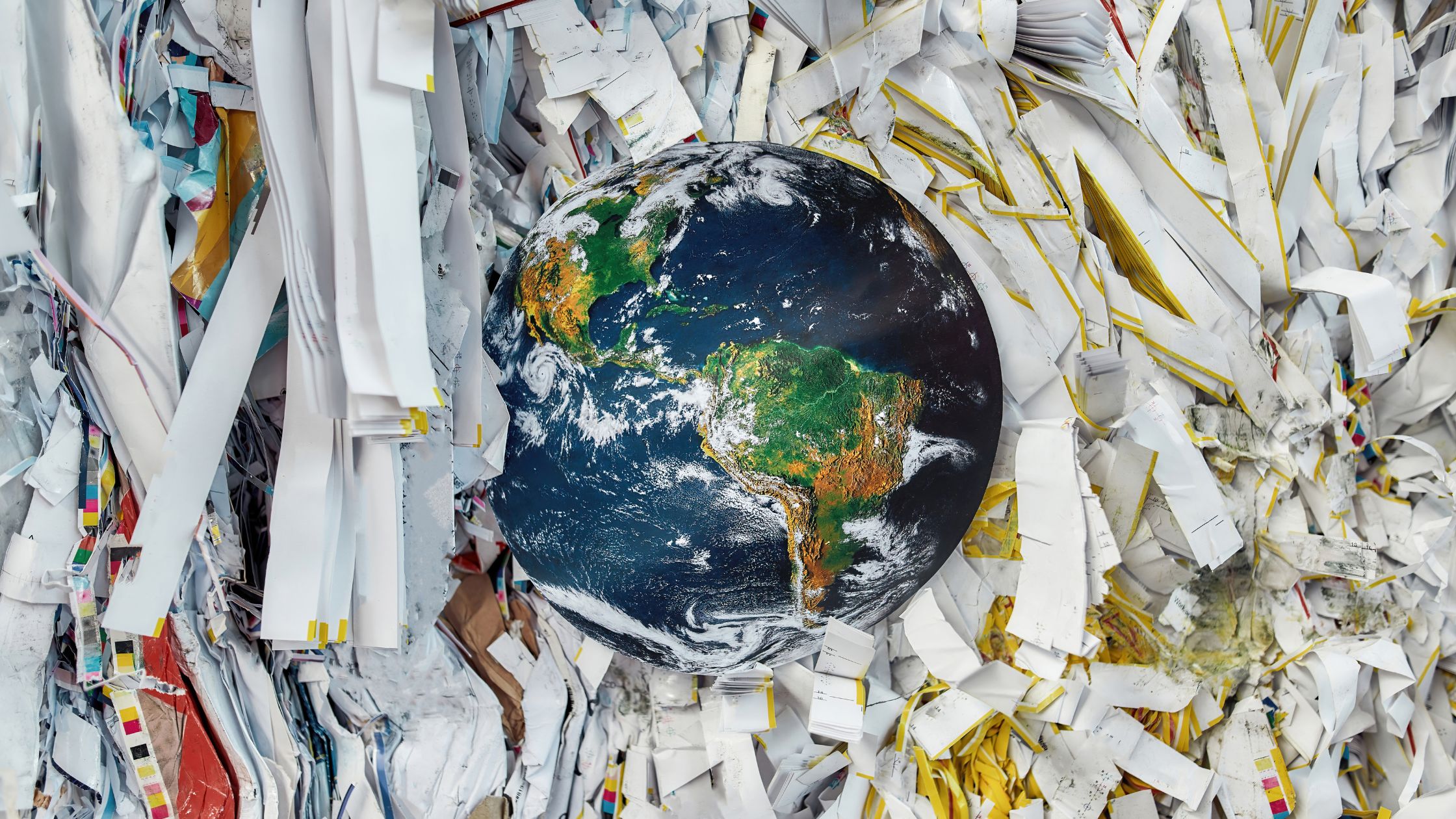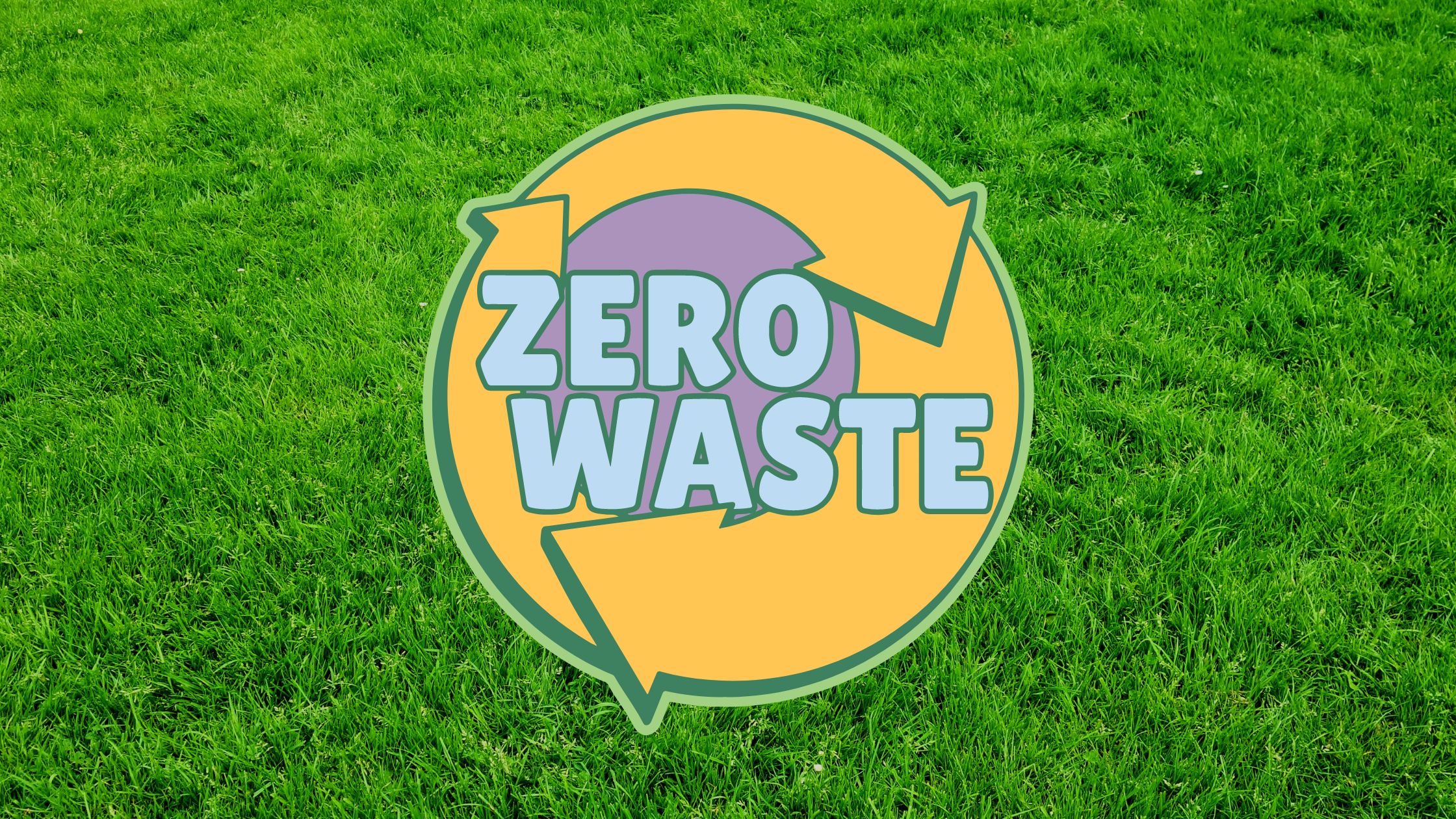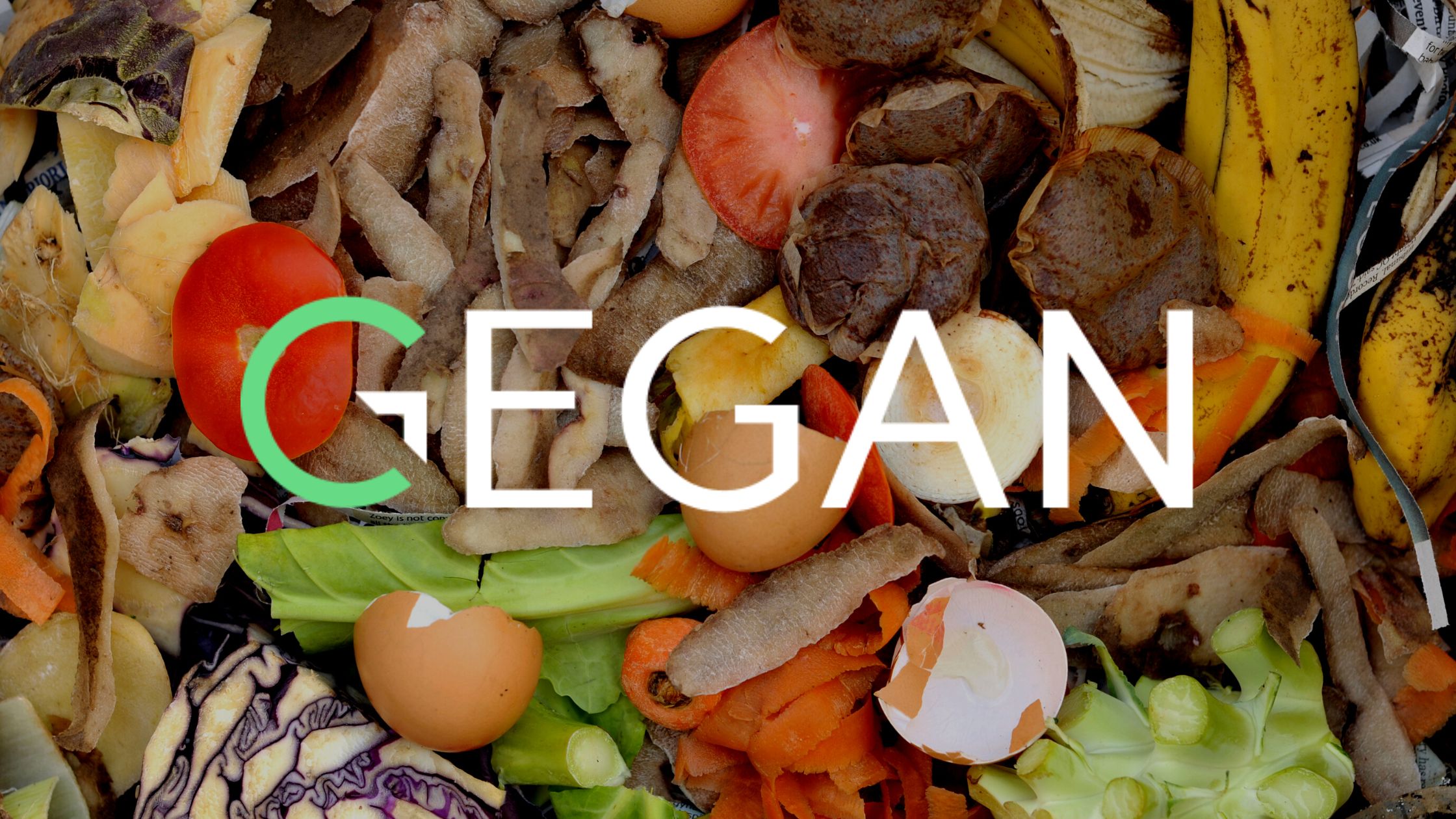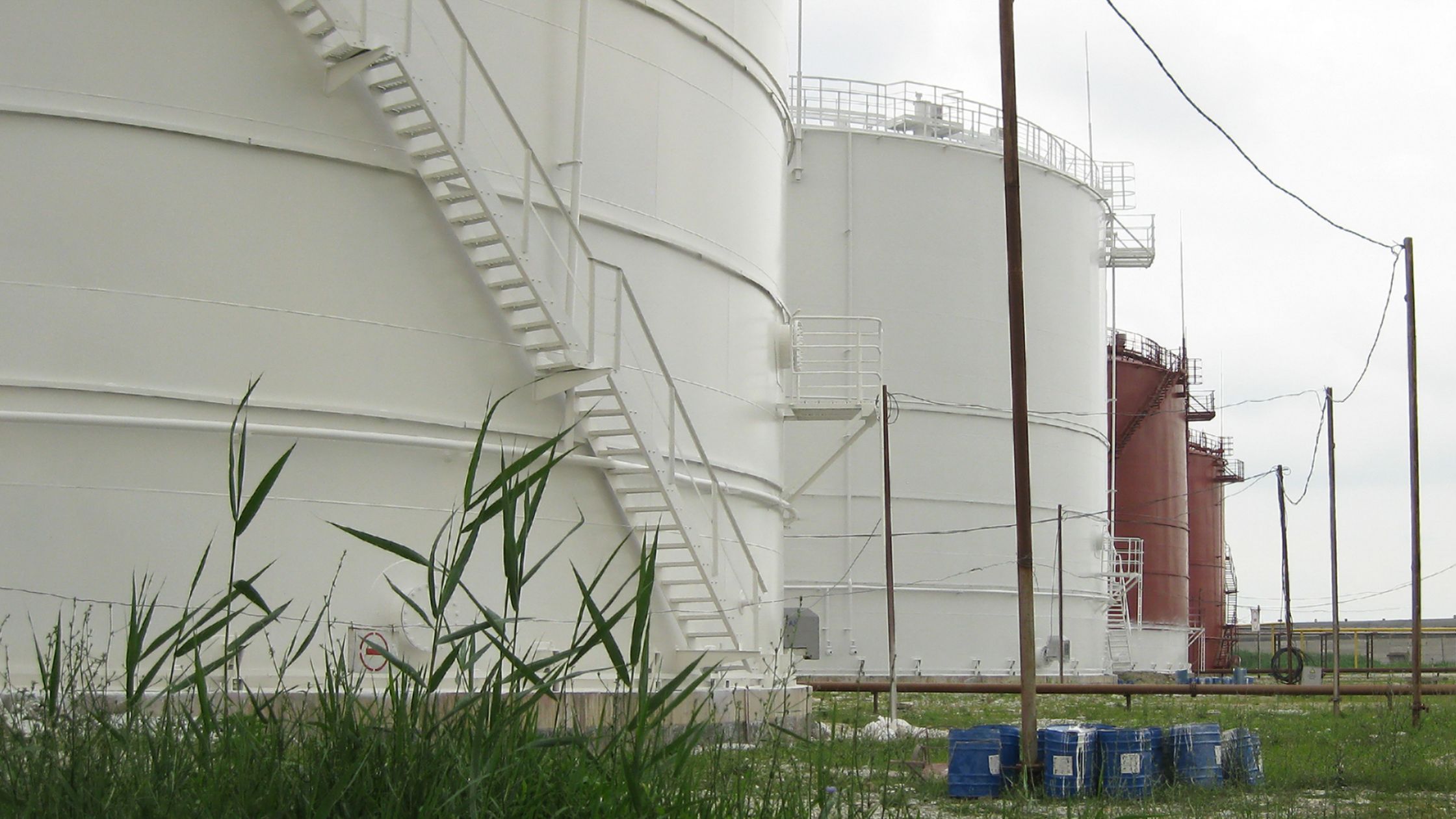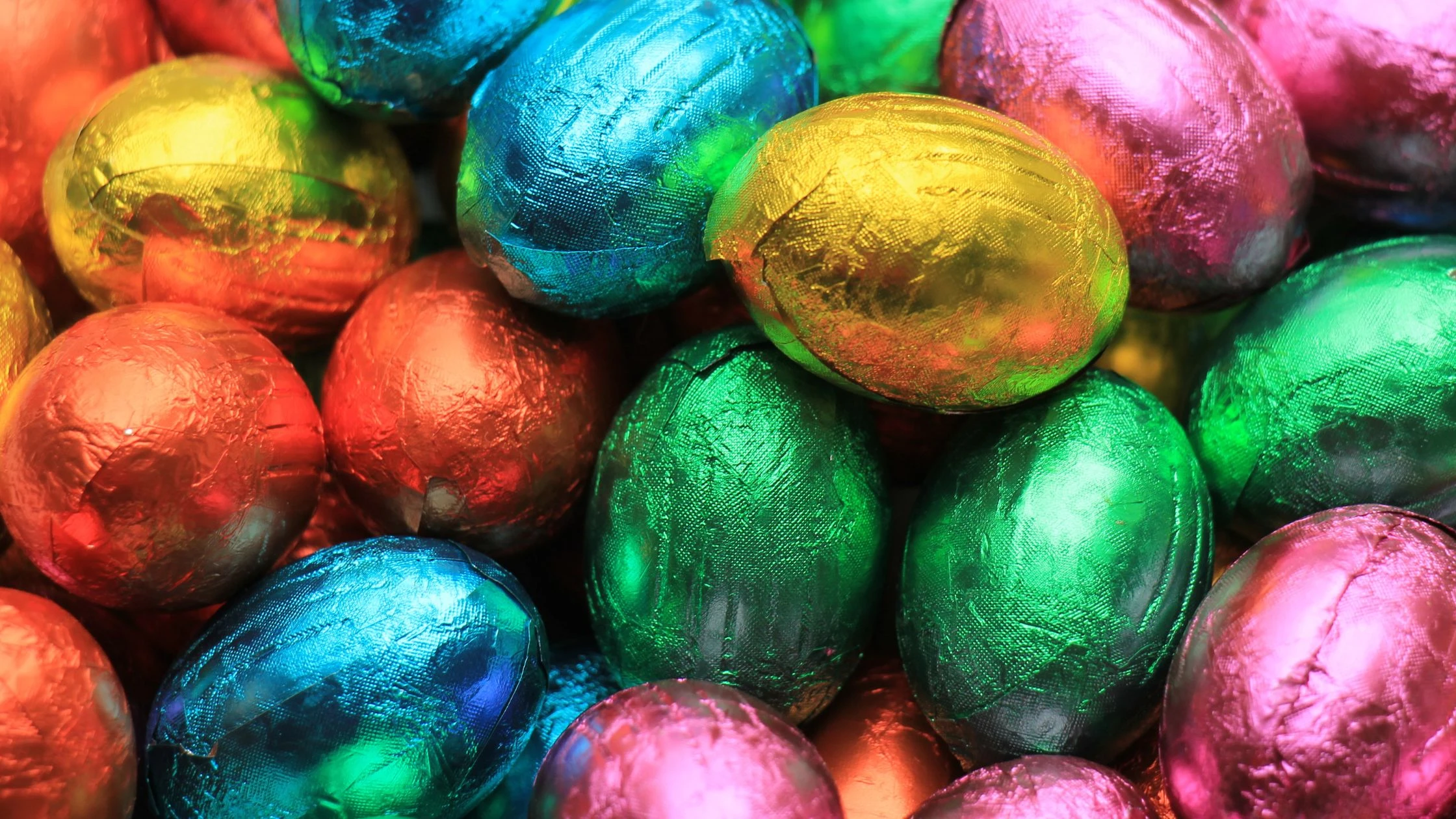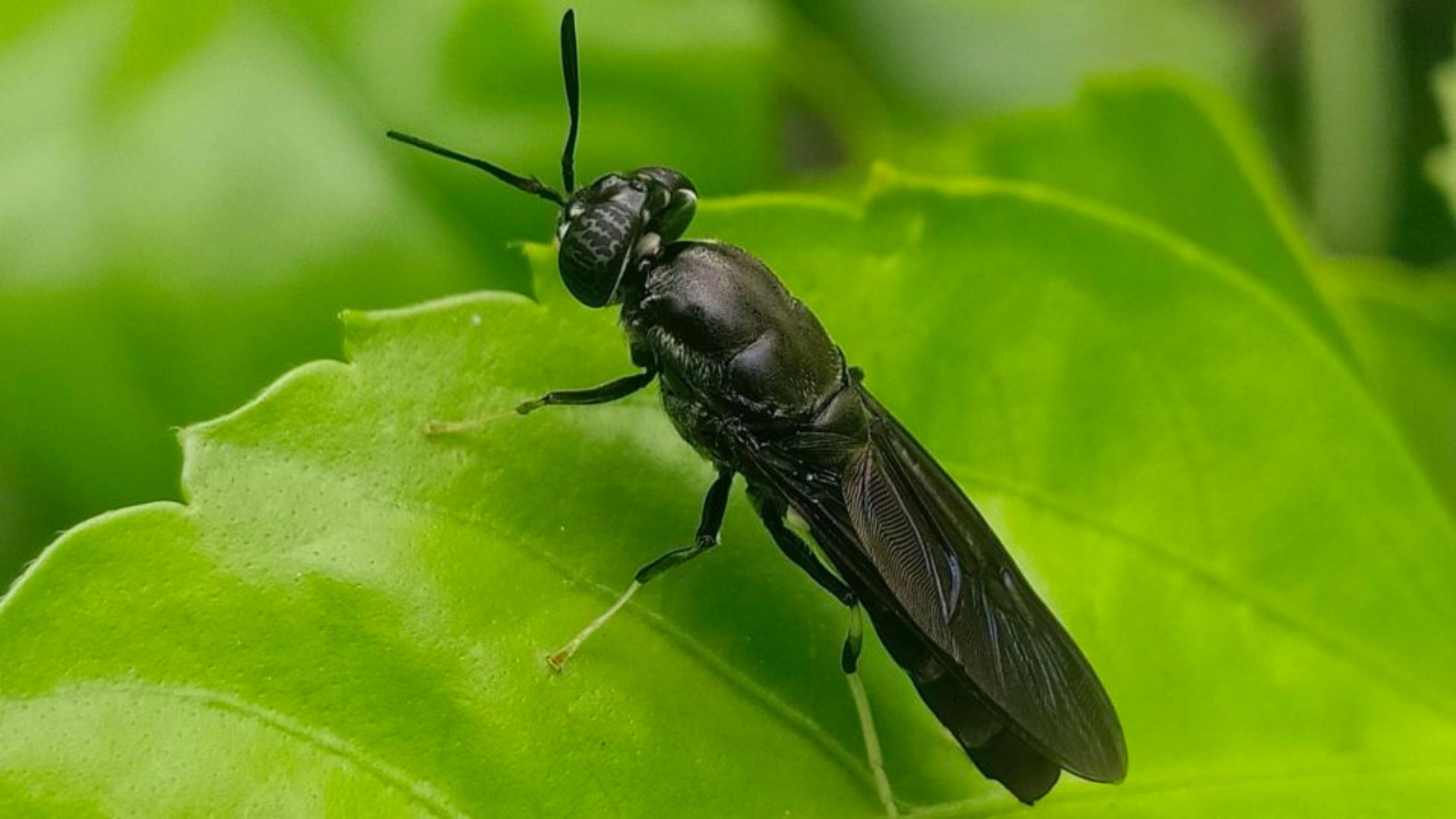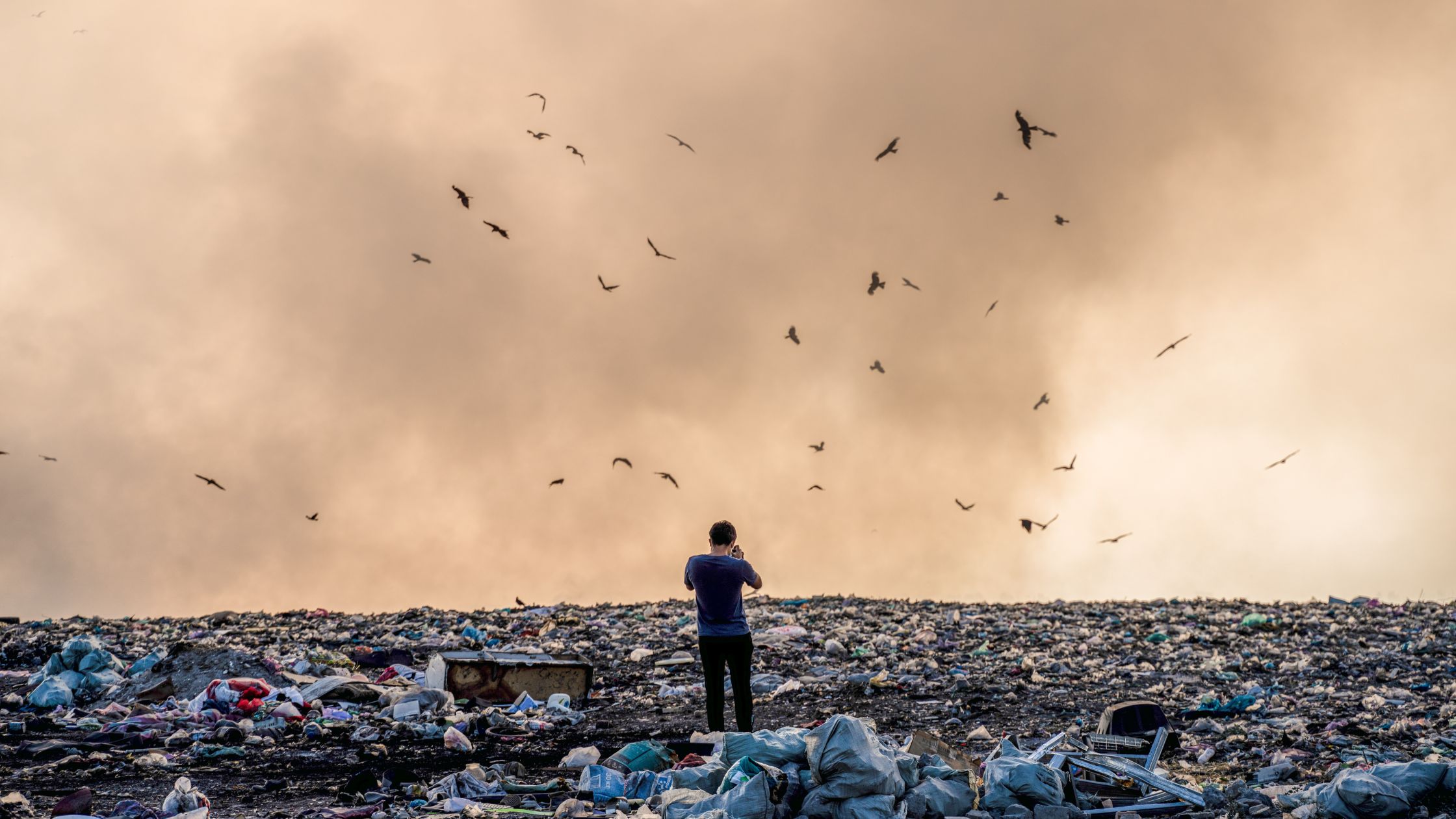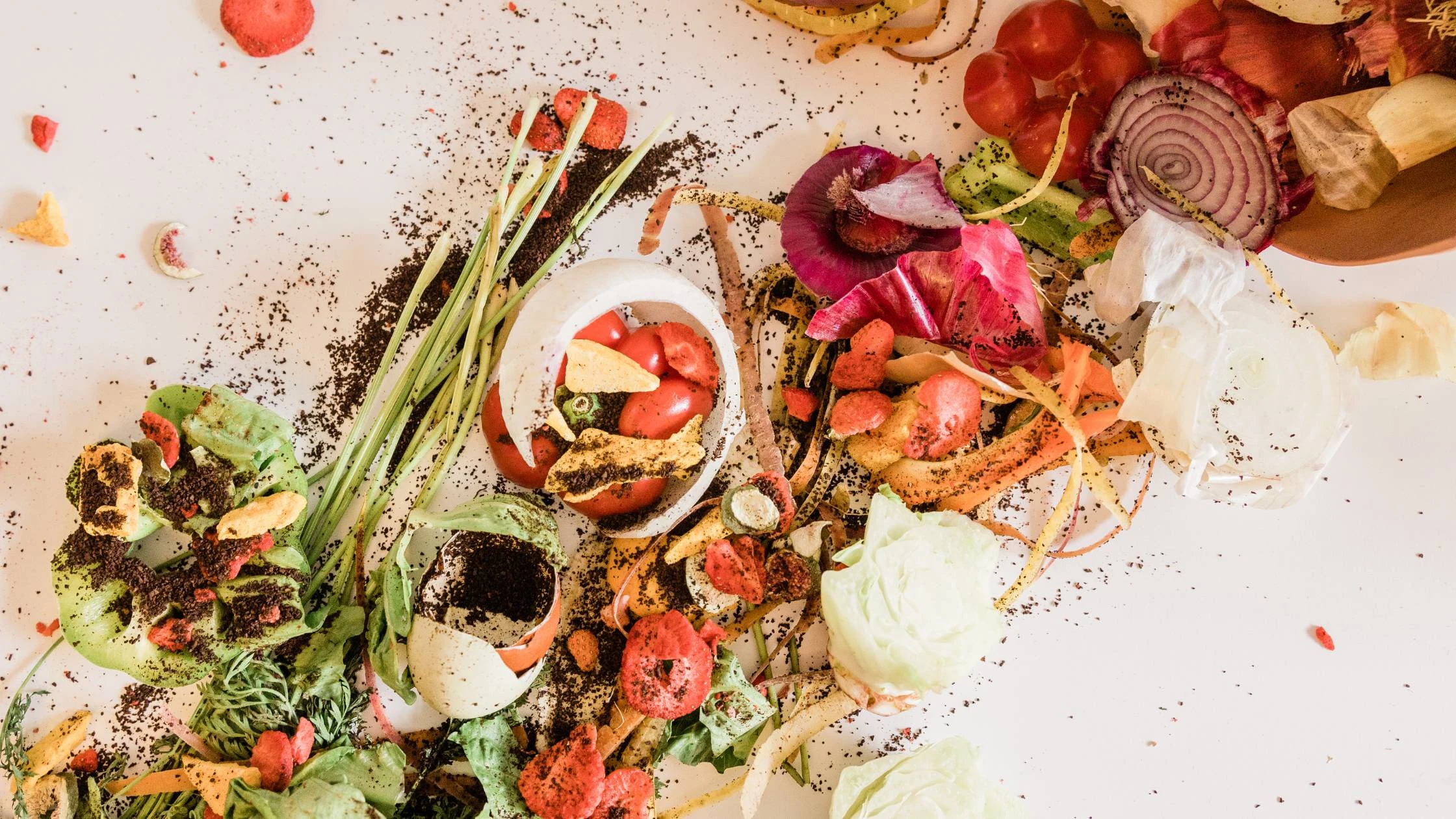
It may be the most wonderful time of the year, but it’s also the most wasteful. At Christmas the UK’s food waste generation goes up by 30%. 100 million bags of rubbish are sent to landfill, and approximately 125,000 tonnes of food-wrapping plastic are thrown away. So what can we do to make Christmas a little more sustainable? It may be easier than you think!
Deck the halls…
With less plastic! Instead of going out and buying new plastic decorations, why not dig out tinsel and baubles from Christmases past, or even make your own. Try making garlands out of dehydrated oranges; snowflakes out of recycled paper; or creating your own wreath from local, natural resources.
When it comes to your tree, the most environmentally-friendly option is to have a real tree with roots attached. That way, you can pop it outside after Christmas and bring it back in each December. Plastic trees are worse for the environment, especially if they’re not made from recyclable plastic, but we understand that real trees aren’t for everyone. If you opt for a plastic tree, make sure you’re prepared to use it for at least 10 years. Using them for longer will reduce the impact on the environment.
Giving the gift of a sustainable future
We’ve all been there. A friend or a family member has given you something you’re grateful for, but are unlikely to use – what do you do? Instead of throwing unwanted gifts in the bin or shoving them in a corner leaving them to await their fate, why not pass gifts on to others? You could use an online selling site like eBay, Vinted or Depop to sell them, donate them to a charity shop, or simply re-gift them to friends and family.
When it comes to buying gifts this year, try to consider the gift’s lifespan and ask yourself the following questions:
- Will the person I’m buying for be able to use it for years, months, weeks or just days?
- Could I find a similar item that’s made with less plastic or comes with less packaging?
- Could I find this person 1 quality gift over multiple small gifts?
Our top tip is to gift someone an experience this year instead of an item. Give them a gift voucher for a day out, take them out for dinner, or book tickets for a concert, theatre performance or an event they can look forward to the following year. That way, Christmas comes twice for them!
When it comes to wrapping your presents, it can be tempting to buy the most sparkly, shiny wrapping paper, but we recommend steering away from this as it can’t be recycled. Look for recyclable wrapping paper, or opt for brown paper instead. Ditch the ribbons and tape, and secure your gifts with string or recyclable brown tape, and decorate with hand-drawn pictures and sprigs of holly. You could even make use of last year’s Christmas cards by making gift tags out of the designs!
If you’re unsure if the paper you’ve received a present in can be recycled, do the scrunch test. If the paper stays in a ball after you’ve scrunched it, it’s likely recyclable; but if it bounces back, general waste bin it is.
Going cold turkey on food waste
So many of us are guilty of buying too much food at Christmastime, but how do we avoid wasting any of it? With a bit of forward-thinking, we can make sure we limit the amount of food waste, which will be better for the environment and our wallets.
- Freezing food in appropriate containers can ensure food lasts for longer
- Fed up of turkey sandwiches? Don’t throw the rest away – get creative and use the leftovers in pies or on pizza instead
- Give unwanted food to local charities, friends or family. Someone else will always appreciate it!
If you’re concerned about the environmental impact of eating meat (and let’s face it, we all should be) why not swap meat for a plant-based alternative? Even if you don’t replace all meat, some is better than none at all.
Making your waste our business
It’s not just households that are wasteful at Christmas – hotels, pubs, restaurants and supermarkets are all responsible for it too. With the equivalent of two million turkeys, 12 million carrots and seven million pigs in blankets being thrown away each year, we can all do more to waste less. Careful planning and portion control can ensure pubs and restaurants waste less.
This time of year can be particularly challenging when it comes to managing your business’s waste, but have no fear, we’re here to help. We adapt quickly to the changing needs and challenges of your business, so if things get a little hectic, our team will know what to do.
Ready to start being an Earth saviour?
Contact us today.


